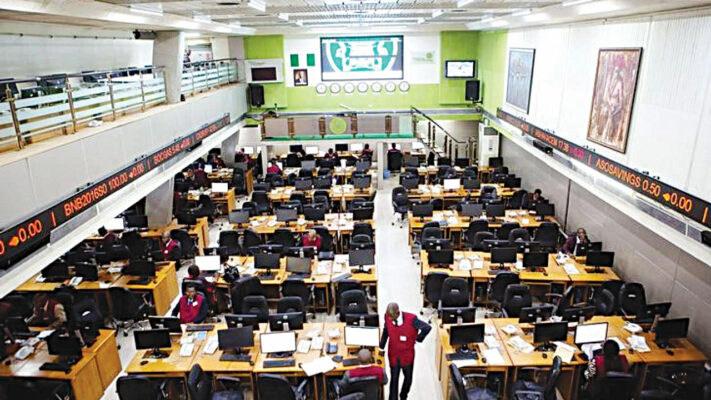
In response to a series of aggressive interest rate hikes by the Central Bank of Nigeria (CBN), Nigerian corporates have significantly scaled back their participation in the capital market.
Between January and May 2024, the CBN raised the monetary policy rate (MPR) by an unprecedented 750 basis points, pushing it to 26.25 percent. This surge has markedly increased the cost of borrowing, making debt financing considerably more expensive for businesses and government alike.
The CBN’s strategy, aimed at tackling soaring inflation and stabilising the naira—which has depreciated to over N1, 500 against the United States (US) dollar—has resulted in record-high inflation rates of 34.19 percent as of June 2024. However, this aggressive monetary policy has had unintended consequences for the corporate sector.
The impact of these high interest rates is evident in the dramatic drop in new listings of commercial papers and corporate bonds. Data from the Financial Markets Dealers Quotations (FMDQ) Securities Exchange reveals a 22.6 percent decrease in new commercial paper listings, falling from N843.62 billion in the first five months of 2023 to N653.1 billion in the same period of 2024. The corporate bond market has been even harder hit, with new bond listings plummeting by a staggering 97.6 percent, amounting to just N6.65 billion.
This sharp decline reflects the reluctance of companies to incur long-term debt amidst such elevated borrowing costs. With interest rates at historic highs, the cost of servicing debt has become a significant burden, straining profit margins and constraining growth opportunities.
The manufacturing and telecommunications sectors are particularly affected by the rising cost of borrowing and foreign exchange losses. Analysis of top consumer, industrial goods, and telecom companies listed on the Nigerian Exchange (NGX) shows that the cost of sales surged by 86.8 percent year-on-year in Q1 2024. Additionally, these companies reported a combined foreign exchange (FX) revaluation loss of N1.3 trillion for the quarter, compared to a N37.9 billion loss in Q1 2023.
The financial strain has led to a significant deterioration in profitability, with these companies posting a combined net loss of N600.8 billion in Q1 2024, in stark contrast to a N322 billion profit in the same period of the previous year.
The retreat of corporates from the capital market has broader implications for Nigeria’s economy. The capital market plays a crucial role in providing long-term financing necessary for business expansion, innovation, and job creation. Reduced corporate debt issuance not only hampers companies’ ability to invest but also limits the range of investment options available to institutional and retail investors, potentially leading to a less dynamic capital market.
Mr. Victor Onyema, Lead of Portfolio Management at Norrenberger Asset Management Limited (NAML), highlights the challenging environment for corporate debt issuance. “Corporates are finding it very tough to raise capital or afford the high cost of capital,” he said.
“With average costs of capital around 26-30 percent on short-term commercial papers and the government issuing Treasury bills at 24-26 percent yields, corporates are under immense pressure. This situation is likely to persist until interest rates begin to taper down.”
The current economic scenario underscores the need for a balanced approach to monetary policy. While the CBN’s interest rate hikes are intended to stabilise the economy and curb inflation, they have also exacerbated the cost of borrowing and constrained corporate financing. Policymakers must consider the broader impact on corporate financing and the capital market, aiming to strike a balance between controlling inflation and fostering a conducive environment for business growth and investment.
As Nigeria navigates these economic challenges, finding this balance will be crucial for sustaining economic growth and ensuring that the capital market remains a viable avenue for corporate financing.